Introduction: The Importance of Choosing the Right Blockchain Platform for Your DApp
Decentralized applications, or DApps, are becoming increasingly popular in a variety of industries, from finance to gaming. These applications rely on blockchain technology to provide a secure and transparent platform for users to interact and exchange value.
Choosing the right blockchain platform for your DApp is essential to its success. Different blockchains have different capabilities, performance levels, and community support, and choosing the wrong one can result in a suboptimal user experience, security vulnerabilities, and increased development costs.
DApp development guide will explore the key factors to consider when choosing a blockchain platform for your DApp, including scalability, security, development tools, interoperability, smart contract functionality, cost, and accessibility. By understanding these factors and making an informed choice, you can ensure that your DApp is built on a solid foundation and positioned for success.
Understanding Blockchain Technology and Its Role in DApp Development
Blockchain technology is a decentralized, immutable ledger that allows for secure and transparent transactions between parties without the need for a central authority. This technology forms the backbone of DApps, providing a secure and transparent platform for users to interact and exchange value.
DApps are typically built using smart contracts, which are self-executing contracts with the terms of the agreement between buyer and seller being directly written into lines of code. These contracts automate the exchange of value between parties, ensuring that transactions are secure, transparent, and tamper-proof.
Blockchain technology offers a number of benefits for DApp development, including decentralization, transparency, security, and immutability. However, not all blockchain platforms are created equal, and it is important to choose the right one for your DApp based on your specific needs and goals.
Factors to Consider When Choosing a Blockchain Platform for Your DApp
Here are some key factors to consider when choosing a blockchain platform for your DApp:
- Scalability: The ability of a blockchain to handle a large number of transactions per second is crucial for the success of a DApp. Make sure to choose a platform that can handle the expected volume of transactions and that can scale up as needed.
- Security: Security is paramount in blockchain technology, and choosing a platform with robust security features is essential to protect your DApp and its users from hacks and other security threats.
- Development Tools: The development tools available on a blockchain platform can significantly impact the ease and speed of DApp development. Look for a platform with user-friendly development tools, APIs, and SDKs that can simplify the development process and enable faster time-to-market.
- Interoperability: The ability of a blockchain to work with other blockchains is important for DApps that require integration with other platforms. Consider a platform with strong interoperability features and that can easily connect with other blockchains and technologies.
- Smart Contract Functionality: Smart contracts are a core feature of DApps, so it’s important to choose a platform with robust smart contract functionality. Look for a platform that supports a wide range of programming languages and that offers secure and efficient smart contract execution.
- Cost: The cost of developing and deploying a DApp on a blockchain platform can vary widely. Consider the platform’s transaction fees, hosting costs, and other expenses when evaluating the overall cost of building and running your DApp.
- Accessibility: Finally, consider the accessibility of the blockchain platform, including its community support, documentation, and ease of use. Choose a platform that has a strong developer community and that offers comprehensive documentation and support to ensure the success of your DApp.
Interoperability and Integration with Other Blockchains and Applications
Interoperability and integration with other blockchains and applications is a critical factor to consider when choosing a blockchain platform for your DApp. The ability to interact with other blockchains and applications can significantly expand the functionality and utility of your DApp, and can also make it more accessible to users across different platforms.
One way to achieve interoperability is through the use of cross-chain bridges or protocols that enable communication between different blockchain networks. For example, the Polkadot network is designed to facilitate interoperability between different blockchains by enabling cross-chain communication and data exchange.
Another approach to interoperability is through the use of blockchain middleware or application programming interfaces (APIs) that enable easy integration with other blockchain platforms and applications. For example, Ethereum’s web3.js library provides a set of APIs that can be used to interact with other Ethereum-based DApps and smart contracts.
When evaluating blockchain platforms for your DApp, consider their interoperability features and how they can facilitate integration with other blockchains and applications. Look for platforms that offer strong interoperability functionality and that can enable seamless communication and data exchange between different networks. Additionally, consider the size and activity level of the platform’s developer community, as a robust community can provide valuable resources and support for achieving interoperability and integration.
Cost and Accessibility
Cost and accessibility are also important factors to consider when choosing a blockchain platform for your DApp.
The cost of using a particular blockchain platform can vary significantly depending on factors such as transaction fees, gas costs, and developer fees. Some blockchain platforms may be more expensive to use than others, especially if they require significant computational resources or specialized development skills.
Accessibility is also an important consideration, as some blockchain platforms may be more accessible to developers and users than others. For example, some platforms may require specialized hardware or software to access, which can make them more difficult to use for developers and end-users alike.
When evaluating blockchain platforms for your DApp, consider the costs associated with using the platform and whether they align with your budget and resource constraints. Additionally, consider the platform’s accessibility and whether it can be easily accessed and used by developers and end-users alike. Look for platforms that offer reasonable costs and are designed to be accessible and user-friendly, as these can make it easier to develop and deploy your DApp to a wider audience.
Conclusion: Making the Right Choice for Your DApp and Your Business
Choosing the right blockchain platform for your DApp is a critical decision that can have a significant impact on the success of your business. By considering factors such as security, scalability, interoperability, cost, and accessibility, you can identify the blockchain platform that best aligns with your business goals and development needs.
It’s also important to keep in mind that the blockchain landscape is constantly evolving, with new platforms and technologies emerging regularly. As such, it’s important to stay up-to-date with the latest developments in the space and be willing to adapt your approach as needed.
Ultimately, by carefully evaluating your options and making an informed decision, you can position your DApp for success in the rapidly growing blockchain market and take advantage of the many benefits that this technology has to offer.





















